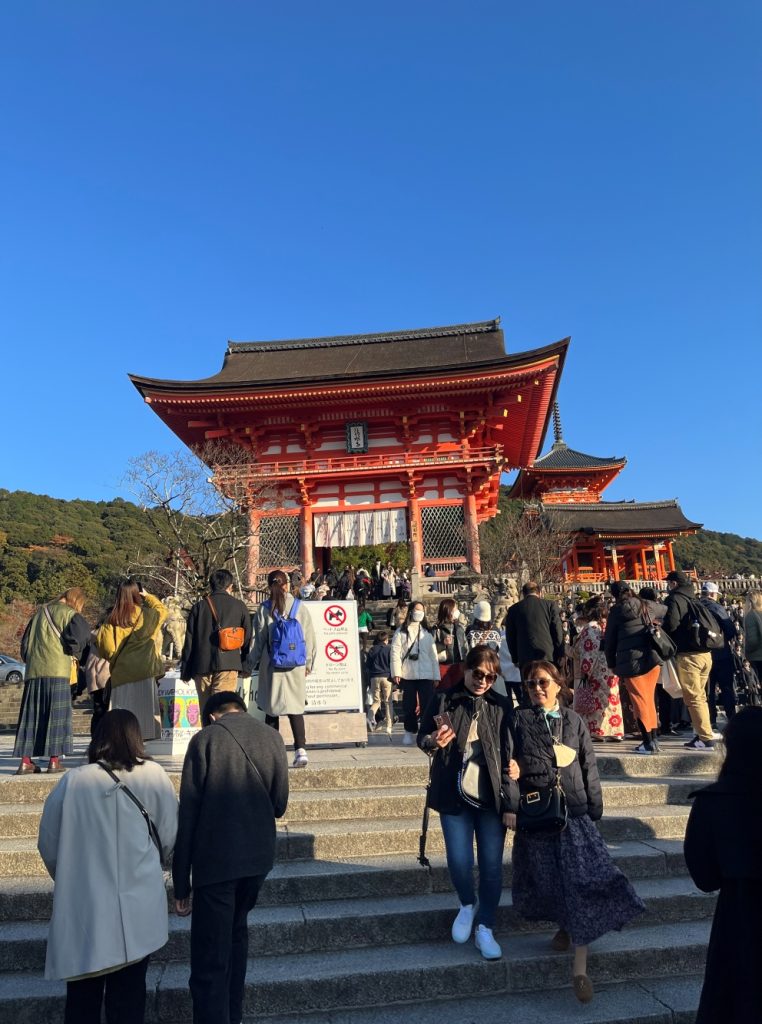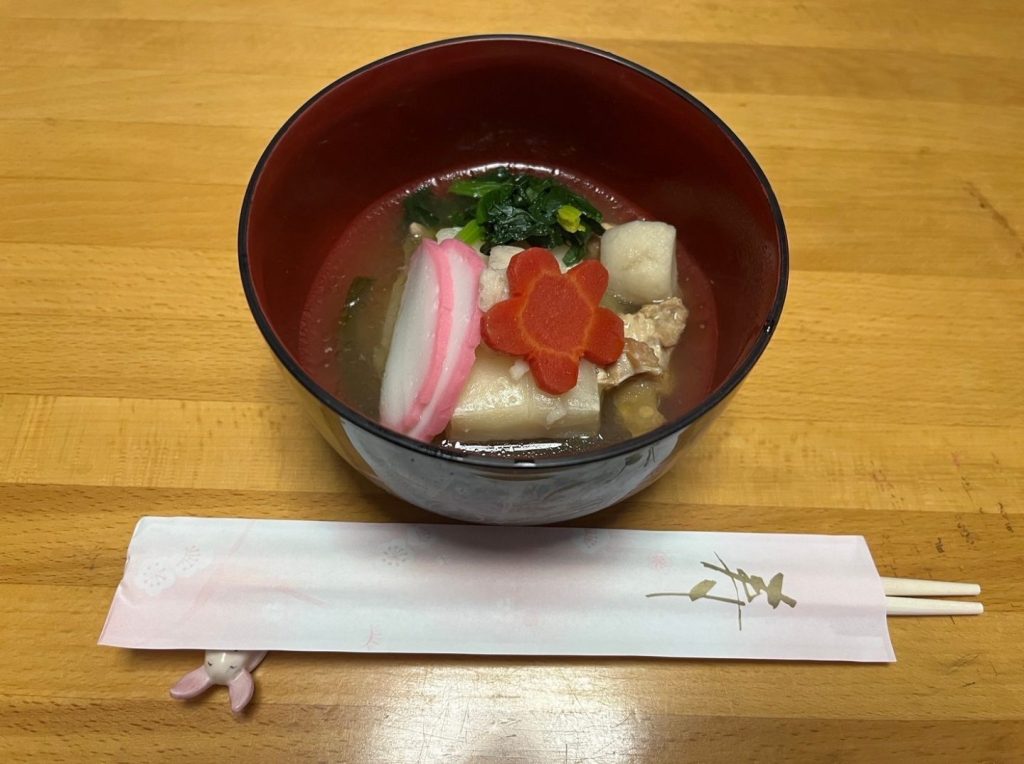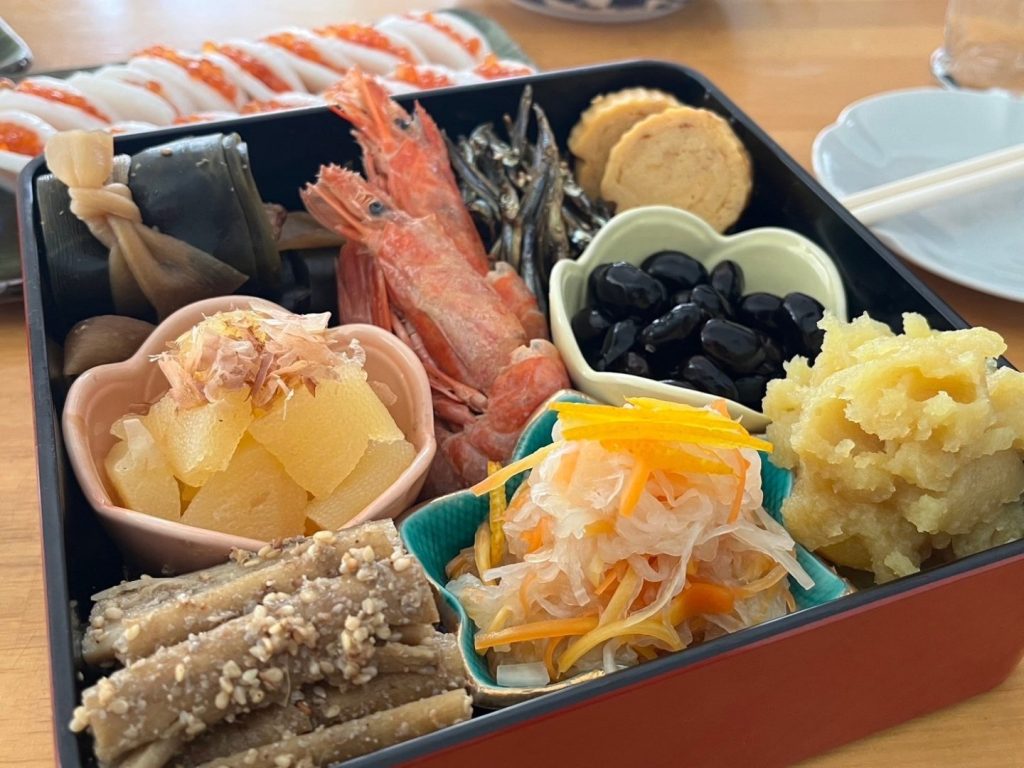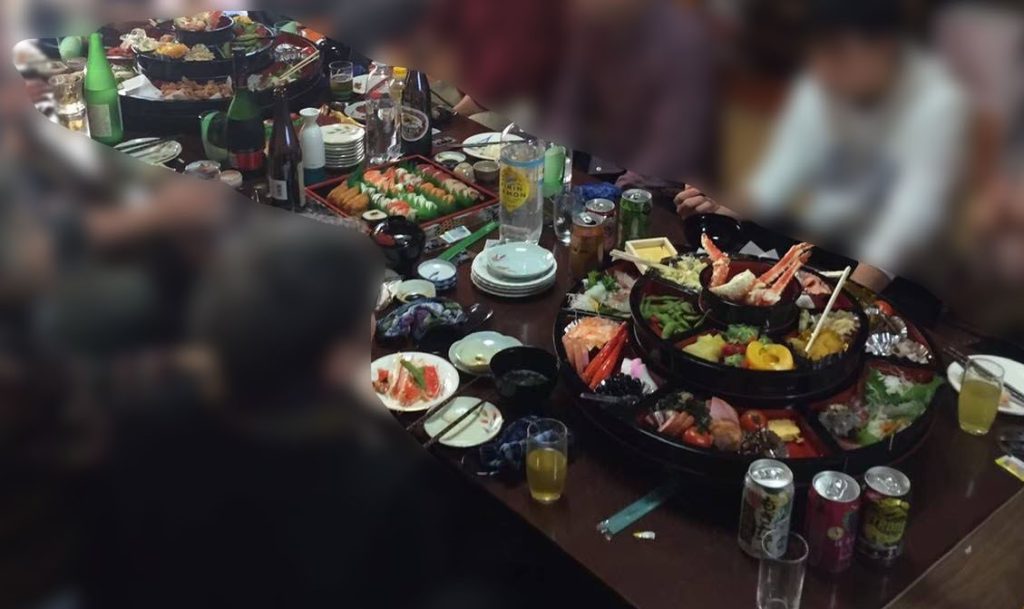Prospective students
End of Year and New Year in Japan
How do you spend the year-end and New Year’s holidays in your country? Do you know that in Japan, there are special events and meals only during the year-end and New Year holidays? In this article, I would like to introduce the Japanese New Year’s holiday to international students and those who hope to become international students in Japan.
In Japan, after Christmas, most people look forward to the end of the year. Students start their winter vacation after Christmas, and working people also start their vacation around December 28. Many people go back to their hometowns and spend time with family and friends during the vacations from December 28 to January 3.
At the end of the year, most Japanese spend time spring cleaning. In schools, as well as at workplaces, everyone participates and takes time to clean just before the holidays begin. We clean places that are not usually clean. Also, when vacation starts, spring cleaning is waiting for us at home. We spend the year-end days cleaning, meeting friends, putting up New Year’s decorations and making rice cakes for New Year’s, and soon, New Year’s Eve would arrive. For Japanese people, New Year’s Eve is usually spent eating New Year’s Eve soba (buckwheat noodles) with family and friends in a warm kotatsu while watching a special TV program. You may wonder why we eat soba. According to the Internet, it is said that it is to wish for a long and frugal life, like soba, and also to welcome the new year by cutting off all the hardships and bad luck of the year since soba is easy to cut. Just before the new year finally begins after midnight, temples begin to strike the bell, known as the “Jyoya-no Kane (bell tolling),” 108 times, just before 12 o’clock. After midnight, many people gather at shrines to pay their respects and make a wish, known as Hatsumode (New Year’s visit). After that, some people go up the mountain to see the first sunrise of the new year, called Hatsuhinode. Many people who missed the midnight Hatsumode, including me, go to Hatsumode in the daytime in the days following.

Once the new year begins, it is time for the Oshogatsu, which usually takes place from January 1 to 3. Oshogatsu is the most grandly celebrated period in Japan. People decorate their houses with New Year’s decorations (rice cakes and sacred straw ropes) and eat a special New Year’s dish, Ozoni. Ozoni is a Japanese soup with rice cake. The flavor of the soup varies from region to region. Some foreigners may think of rice cakes as a daily Japanese food, but it is usually only eaten during New Year. After breakfast, people go to Hatsumode (New Year’s visit to a shrine), go out of town, or visit relatives. The town is filled with a festive mood. From all over the place, you hear people say, “Happy New Year! I look forward to working with you this year”. The Japanese use the Chinese zodiac, so the decorations featuring the animals of that year’s zodiac can be seen here and there. By the way, 2024 is the year of the dragon. Starbucks will probably release a tumbler with a dragon motif. Shopping streets and shopping centers hold their first sales starting from January 1, and people go out early in the morning to grab discounted products.

Gathering at relatives’ homes to enjoy conversation over festive New Year’s dishes, Osechi is the most important event of the New Year. When I was a child, not only my grandparents and aunts and uncles and cousins, but also my grandparents’ brothers and sisters and their children and grandchildren would gather, sometimes more than 20 people in all. The more people gathered, the more New Year’s gifts we received, and the happier I was. It is a very wonderful memory. At night, my cousins and aunts and uncles would stay at my house, and we would relax and spend time playing games and watching movies until midnight. As a child, I used to wish we had New Year’s several times a year. After New Year’s, people go back to work and school, hoping to see each other again in the next long holidays like the Golden Week or Obon. At school and work, people also look forward to exchanging souvenirs!


The year-end and New Year holidays are a time when Japanese citizens make large migrations to various places, so everyone books air tickets and Shinkansen tickets early. People who only check the ticket reservation websites just before the year-end and New Year holidays will despair about the unavailability of the tickets or the high prices. If you want to travel to Japan during the year-end and New Year holidays, I recommend that you plan ahead, and I hope you experience a wonderful New Year’s in Japan!
———————–
About the Writer
I am a master’s student. I’m Japanese, but I really love foreign cultures, especially Chinese culture. It’s fun for me to hear the stories from international students because it broadens my horizons. If you also become a Geiko student, you can expand your creativity as well as your international horizons.
Why don’t you join us? We are waiting for you!
Megumi Hasegawa
Graduate School of Design
Human Life Design and Science Course